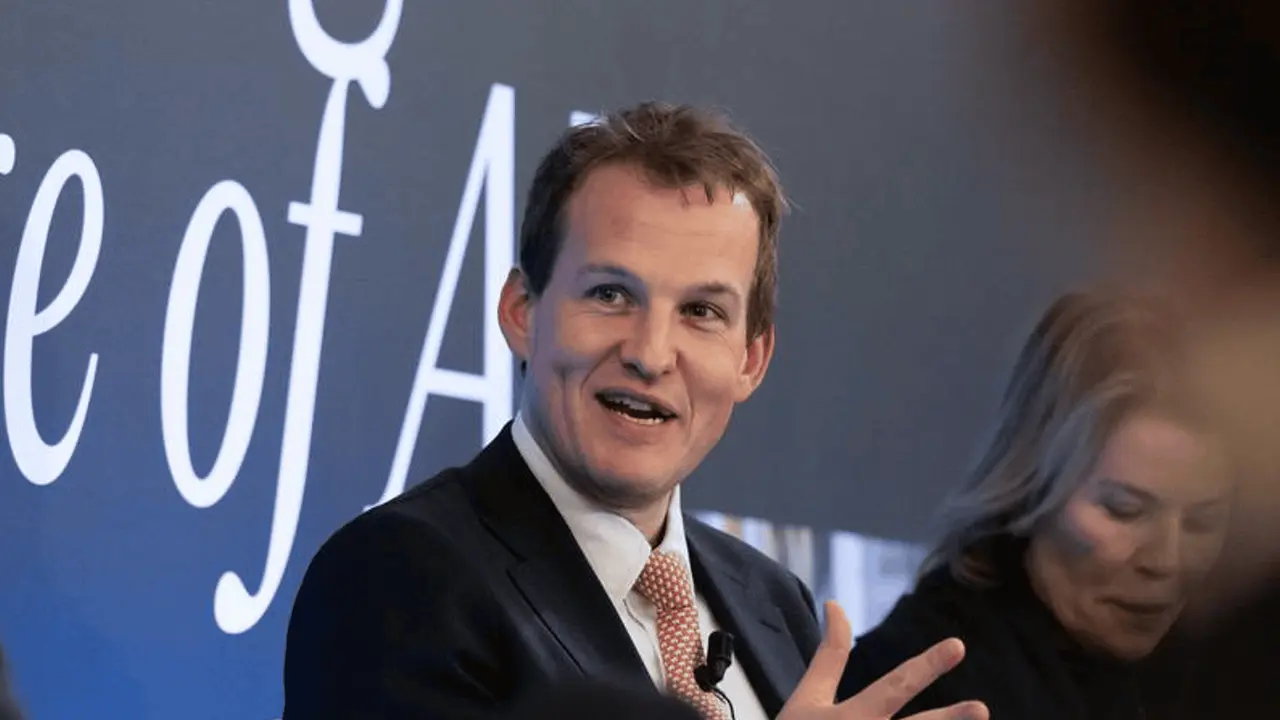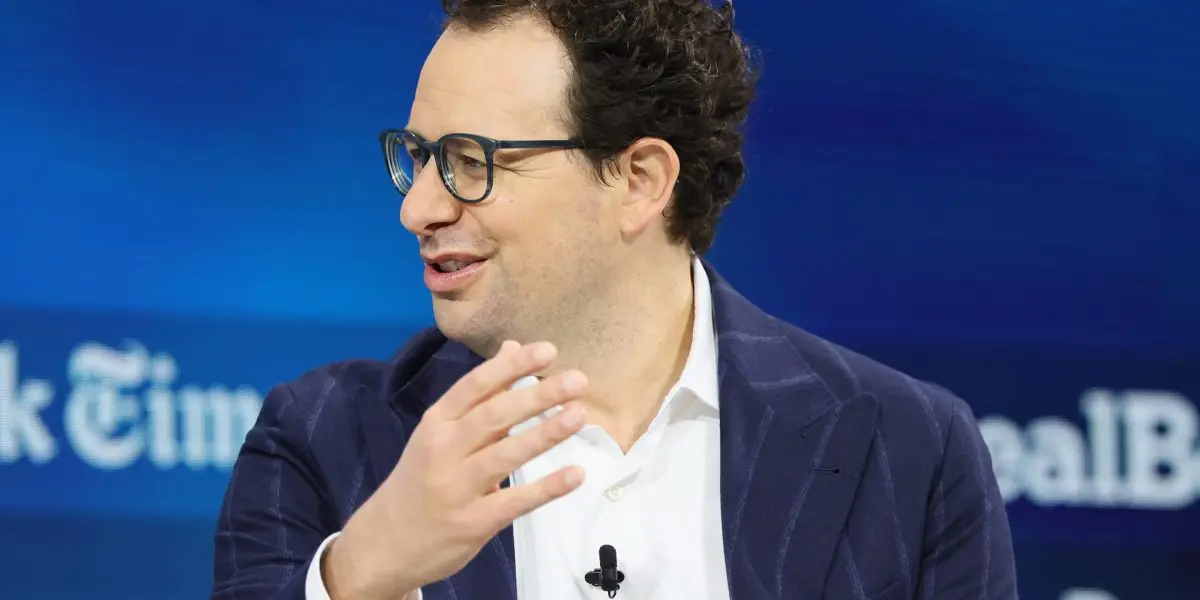Alan Turing Institute CEO Resigns Amid Turmoil and Strategic Shift
3 Sources
3 Sources
[1]
Alan Turing Institute head to quit after internal turmoil
The head of the UK's flagship artificial intelligence agency is to step down after staff unrest and battles over its strategic direction led a cabinet minister to brand it a "failing organisation". Jean Innes, who has led the Alan Turing Institute since July 2023, said she would quit this year because it was the "right time" for a change after she had overseen "significant organisational transformation". Her departure follows an effort by the government to force the organisation, founded a decade ago as a national data science institute, to sharpen its focus on defence, national security and sovereign AI capabilities. Peter Kyle, technology secretary, told the Financial Times in an interview shortly before the announcement that the institute was a "failing organisation". It needed to address "eccentric governance arrangements" and refocus away from "chaotic" work that was "drowning out" its success in defence and security, he said of the institute named for the British computing pioneer Alan Turing. Kyle was reinforcing calls he made in letter in July to Doug Gurr, chair of the institute's board. "I'm not breathing down their necks . . . They've reassured me that action is being taken and I'm engaged in a responsible but observant way," Kyle told the FT. He did not have the power to act beyond reviewing public funds given to the institute, he added. The Turing is a charity governed by a board of trustees, comprising independent members and representatives of the institute's six founding partners. They are the Engineering and Physical Sciences Research Council and the universities of Cambridge, Edinburgh, Oxford, University College London and Warwick. The Department for Science, Innovation and Technology said of Innes' planned departure: "The technology secretary has been clear on the need for the institute to deliver value for money and maximum impact for taxpayers, and we will continue our work to support that ambition." The institute said on Thursday it would step up its work on defence, national security and sovereign capabilities, including liaising with partners in those areas to identify specific areas of focus. It will also explore adding defence and security expertise to its senior leadership team and board. The institute further said it would work on "carefully selected high-impact projects in environment and health" that supported government priorities and the interests of the Turing's philanthropic and private funders. The Turing Institute has a core government grant of £100mn for the next five years and has said it expects to receive at least £100mn more from other public, private and philanthropic sources over that period. It announced in April that it was considering job cuts and would shut or offload almost a quarter of its 101 projects. Scores of employees had written a letter in December expressing their loss of confidence in the leadership. Last month Turing staff warned the Charity Commission, the charities regulator in England and Wales, that the organisation was at risk of collapse because of possible funding cuts. Innes, who had previously worked at the Treasury and Amazon, said earlier this year that the institute needed a big strategic shift to concentrate on a small number of problems with real-world impact. She disputed the characterisation of the Turing as suffering from low morale and a widespread disillusionment with senior management.
[2]
Head of UK's Turing AI Institute resigns after funding threat
The chief executive of the UK's national institute for artificial intelligence (AI) has resigned following staff unrest and a warning the charity was at risk of collapse. Dr Jean Innes said she was stepping down from the Alan Turing Institute as it "completes the current transformation programme". Her position has come under pressure after the government demanded the centre change its focus to defence and threatened to pull its funding if it did not - leading to staff discontent and a whistleblowing complaint submitted to the Charity Commission. Dr Innes, who was appointed chief executive in July 2023, said the time was right for "new leadership".
[3]
Head of UK's beleaguered Alan Turing Institute resigns
Jean Innes said a 'new chapter' was starting for the AI research body, amid a staff revolt and government calls for a change in direction The chief executive of the UK's leading artificial intelligence institute is stepping down in the wake of a staff revolt and government calls for a strategic overhaul. Jean Innes has led the Alan Turing Institute since 2023, but her position has come under pressure amid widespread discontent within the organisation and a demand from the institute's biggest funder - the UK government - for a change in direction. ATI said the search was already under way for a replacement for Innes, who held senior roles in the civil service and technology industry before her appointment. Innes said on Thursday: "It has been a great honour to lead the UK's national institute for data science and artificial intelligence, implementing a new strategy and overseeing significant organisational transformation. With that work concluding, and a new chapter starting for the Institute, now is the right time for new leadership and I am excited about what it will achieve." ATI has been beset by internal strife since last year as staff protested against internal changes, culminating in a group of employees filing a whistleblower complaint to the Charity Commission last month.
Share
Share
Copy Link
Jean Innes, CEO of the UK's Alan Turing Institute, announces resignation following internal unrest and government pressure to refocus on defense and national security.
Leadership Shakeup at UK's Premier AI Research Institute
The Alan Turing Institute, the UK's flagship artificial intelligence agency, is undergoing a significant leadership change as its Chief Executive Officer, Jean Innes, announces her resignation. This decision comes after a tumultuous period marked by internal unrest and pressure from the government to refocus the institute's priorities
1
.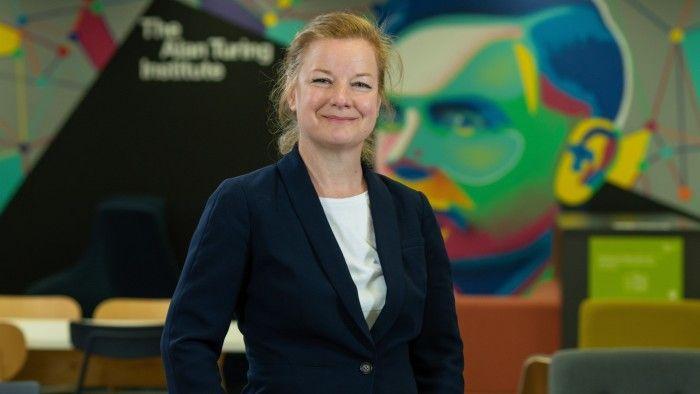
Source: FT
Government Pressure and Strategic Shift
The UK government, the institute's largest funder, has been pushing for a strategic overhaul. Technology Secretary Peter Kyle branded the institute a "failing organisation" and called for addressing its "eccentric governance arrangements"
1
. The government's primary demand is for the institute to sharpen its focus on defense, national security, and sovereign AI capabilities2
.In response to these pressures, the institute has announced plans to step up its work in these areas, including:
- Liaising with partners in defense and national security
- Exploring the addition of defense and security expertise to its senior leadership and board
- Focusing on high-impact projects in environment and health that align with government priorities
1
Internal Turmoil and Staff Discontent
The institute has been grappling with internal strife since last year. In December, scores of employees wrote a letter expressing their loss of confidence in the leadership
3
. The situation escalated further when a group of employees filed a whistleblower complaint to the Charity Commission last month, warning that the organization was at risk of collapse due to possible funding cuts2
.Related Stories
Financial Challenges and Project Cuts
The Alan Turing Institute currently operates on a core government grant of £100 million for the next five years, with expectations of receiving at least another £100 million from other public, private, and philanthropic sources. However, the institute announced in April that it was considering job cuts and would shut or offload almost a quarter of its 101 projects [1](https://www.ft.com/content/d42bb052-9032-4e1a-9ac1-439c362a2875].
Leadership Transition and Future Outlook
Jean Innes, who has led the institute since July 2023, stated that it was the "right time" for a change after overseeing "significant organisational transformation" [1](https://www.ft.com/content/d42bb052-9032-4e1a-9ac1-439c362a2875]. The institute has already begun the search for a new leader to guide it through this period of strategic realignment and organizational change [3](https://www.theguardian.com/technology/2025/sep/04/head-of-alan-turing-institute-jean-innes-resigns].
As the Alan Turing Institute navigates these challenges, the outcome of this leadership transition and strategic shift will likely have significant implications for the future of AI research and development in the UK.
References
Summarized by
Navi
[3]
Related Stories
UK's Alan Turing Institute Faces Crisis Amid Government Pressure and Staff Concerns
11 Aug 2025•Policy and Regulation
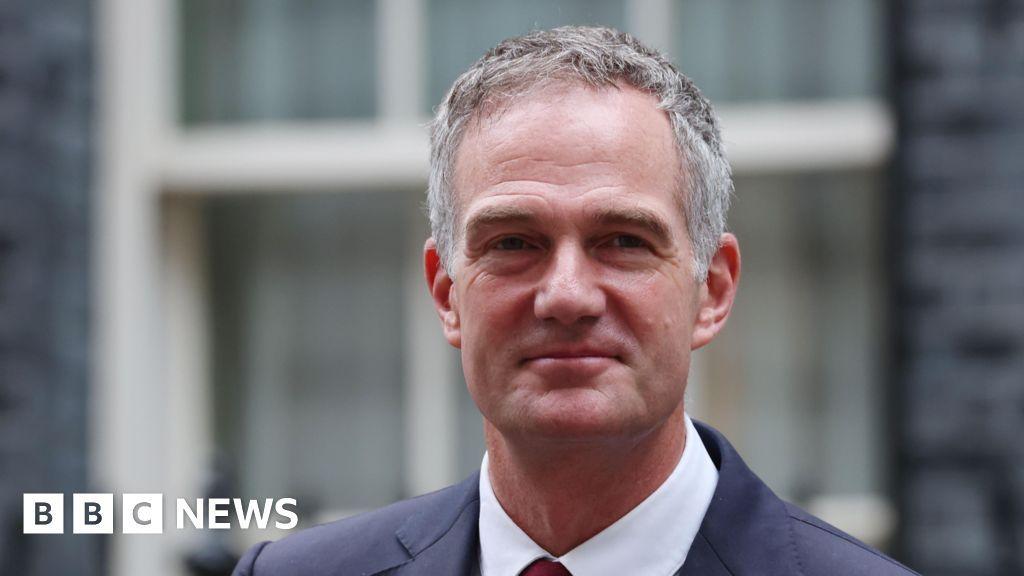
UK Government Demands AI Institute Shift Focus to Defense and National Security
04 Jul 2025•Policy and Regulation
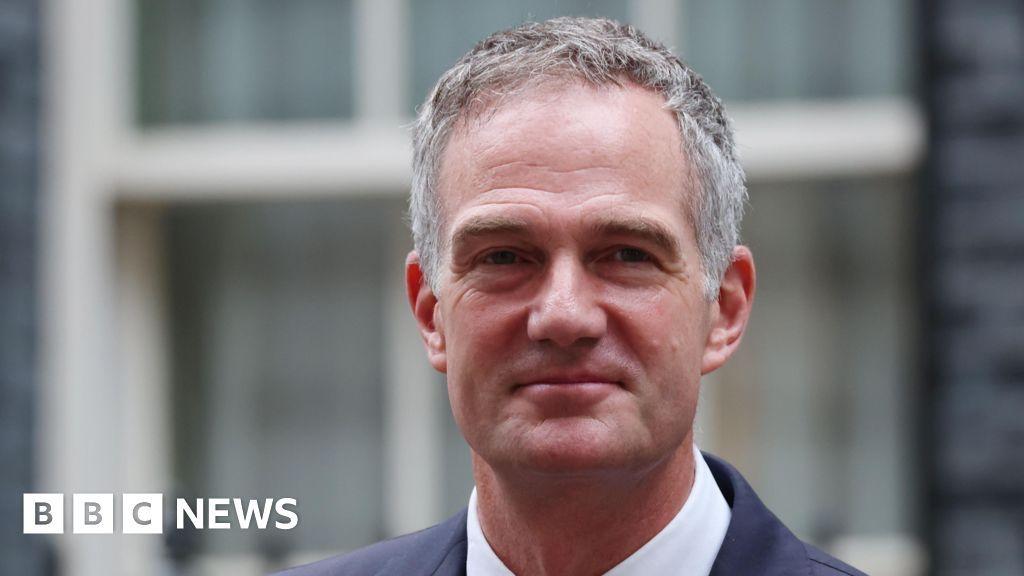
U.S. AI Safety Institute Director Elizabeth Kelly Steps Down Amid Uncertain Future Under Trump Administration
06 Feb 2025•Policy and Regulation

Recent Highlights
1
SpaceX acquires xAI as Elon Musk bets big on 1 million satellite constellation for orbital AI
Technology

2
French Police Raid X Office as Grok Investigation Expands to Include Holocaust Denial Claims
Policy and Regulation

3
UNICEF Demands Global Crackdown on AI-Generated Child Abuse as 1.2 Million Kids Victimized
Policy and Regulation

